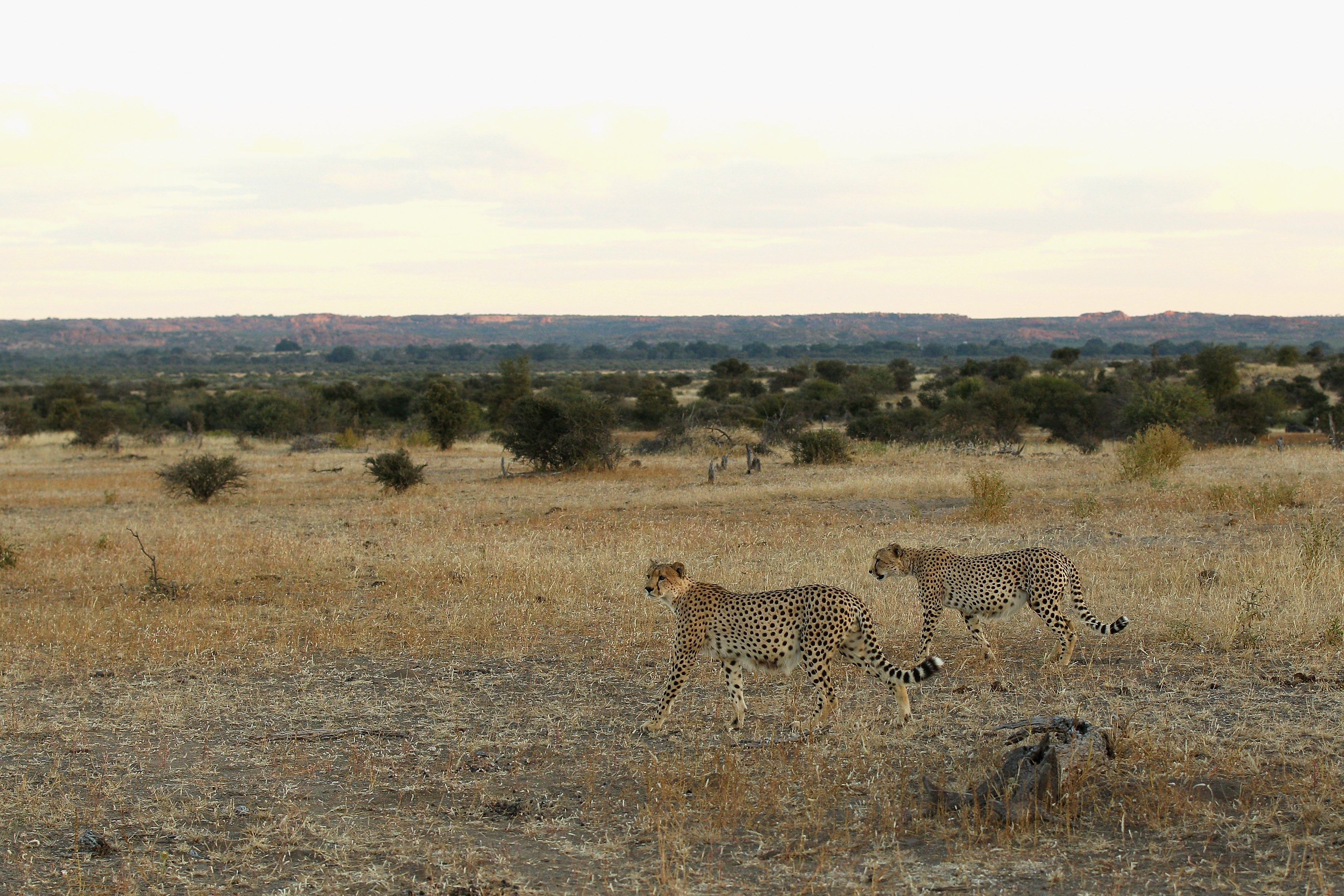Namibia says it will not replace the cheetahs India rejected as part of translocation project
Exclusive: Namibian government says it has no intention of replacing the three cheetahs that India rejected as the animals were not captively bred, as Delhi claims

Your support helps us to tell the story
From reproductive rights to climate change to Big Tech, The Independent is on the ground when the story is developing. Whether it's investigating the financials of Elon Musk's pro-Trump PAC or producing our latest documentary, 'The A Word', which shines a light on the American women fighting for reproductive rights, we know how important it is to parse out the facts from the messaging.
At such a critical moment in US history, we need reporters on the ground. Your donation allows us to keep sending journalists to speak to both sides of the story.
The Independent is trusted by Americans across the entire political spectrum. And unlike many other quality news outlets, we choose not to lock Americans out of our reporting and analysis with paywalls. We believe quality journalism should be available to everyone, paid for by those who can afford it.
Your support makes all the difference.Namibia has said it has no intention of replacing the three cheetahs that the Indian government rejected on the grounds that the animals were bred in captivity and would not be able to hunt, in an “unfortunate” blow to India’s ambitious translocation project.
Namibia’s environment and forest ministry spokesperson Romeo Muyunda told The Independent on Tuesday the country cannot provide any more wild cats to India for its “Project Cheetah” as its own population of the species is limited.
India’s ambitious plan to repopulate its extinct cheetah population suffered the setback as Namibia, one of the partner countries from where the animals were to be translocated, shot down the claims that the cheetahs were captively bred.
“We deny such allegations and claims given by India. The cheetahs are not captive animals. They were captured when they were young and were exposed to hunting,” Mr Muyunda said in a statement.
Namibia has no intention to give other cheetahs to replace the three rejected ones, he added.
Mr Muyunda also termed the rejection “unfortunate” and said it was the Indian government that had handpicked the cheetahs that it later rejected.
“It’s unfortunate that India is rejecting these cheetahs. As the government, we were not involved in the selection of the cheetahs earmarked for India, this was done between the Indian government and a nonprofit organisation called Cheetah Conservation Fund of Namibia in Otjiwarongo,” Mr Muyunda explained.
The ministry was assured by the fund that the cheetahs were not captive, he added.
The cheetahs that are to be sent to India are currently being quarantined in Namibia for their rehabitilation at the Kuno wildlife sanctuary located in India’s central Madhya Pradesh state.
The rejected ones will be reintroduced back to the wild in Namibia amid concerns about monitoring, according to a local report.
One concern over the project has been the already existing population of leopards, which experts have said could complicate the ambitious intercontinental project as the top two apex predators would be forced to compete for territory.
Officials have also been using two elephants to locate and tranquilise leopards at the Kuno sanctuary to avoid the competition for territory, reported Delhi-based nonprofit Centre for Science and Environment’s environmental magazine Down To Earth.
Yadvendradev Vikramsinh Jhala, the dean of the Wildlife Institute of India and one of the experts overseeing the conservation initiative, pointed out that the three selected cheetahs “were not able to catch wild prey”, reported The Times of India.
Fewer cheetahs coming into the country could possibly mean a further delay in the implementation of the rehabilitation project.
India’s federal environment and forest ministry had formally announced the launch of the project last month to “establish a viable cheetah metapopulation in India that allows the cheetah to perform its functional role as a top predator”.
India and Namibia had signed a memorandum to this effect in July to bring back the cheetah into India, seven decades after the wild cats went extinct due to hunting.
A similar agreement has been signed by South Africa as well.
The Independent has reached out to India's environment minister Bhupender Yadav for comment.



Join our commenting forum
Join thought-provoking conversations, follow other Independent readers and see their replies
0Comments